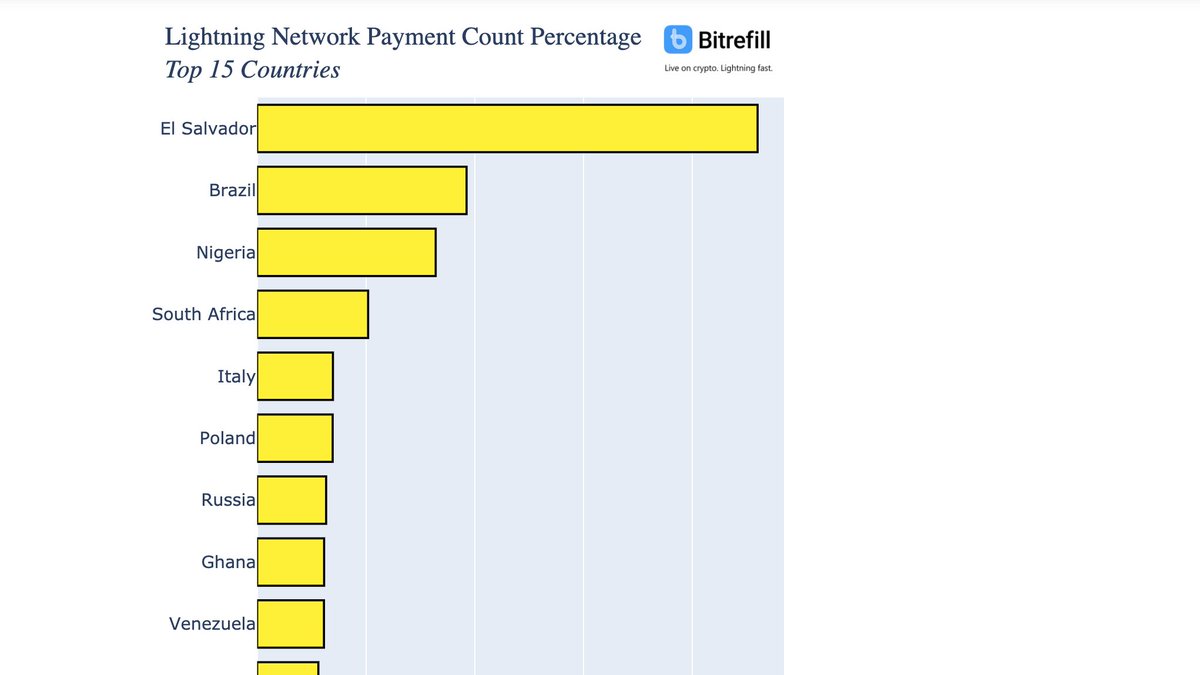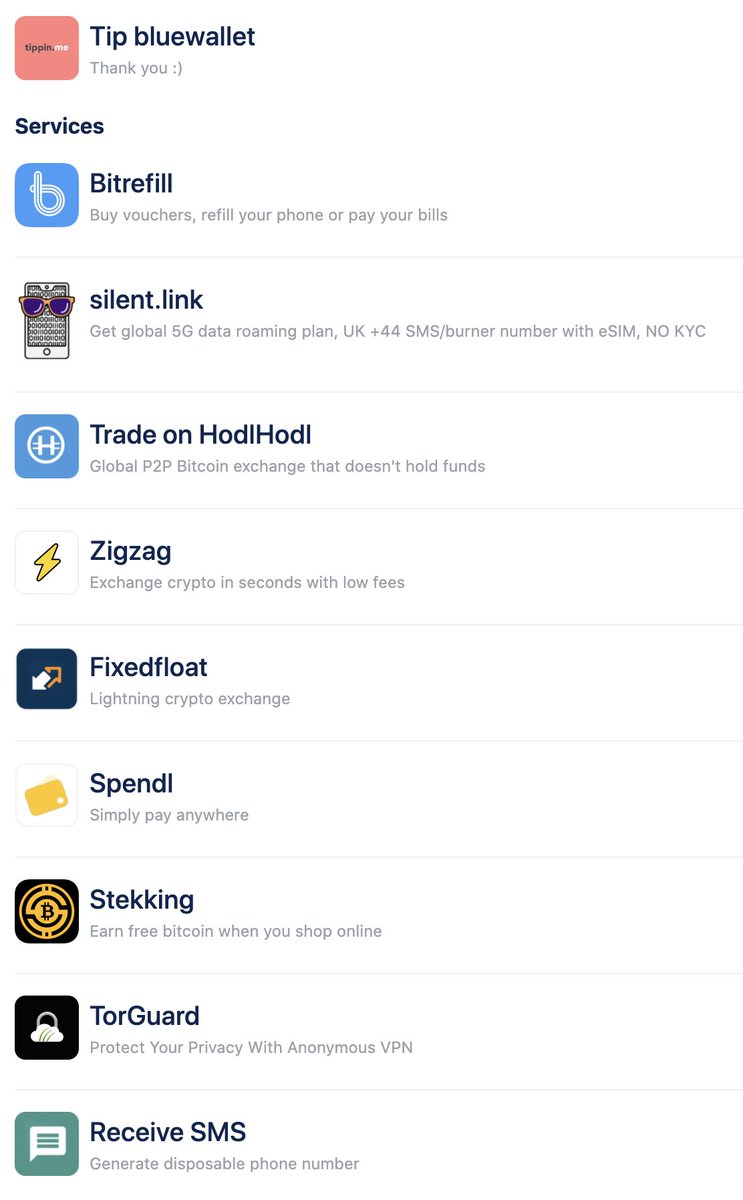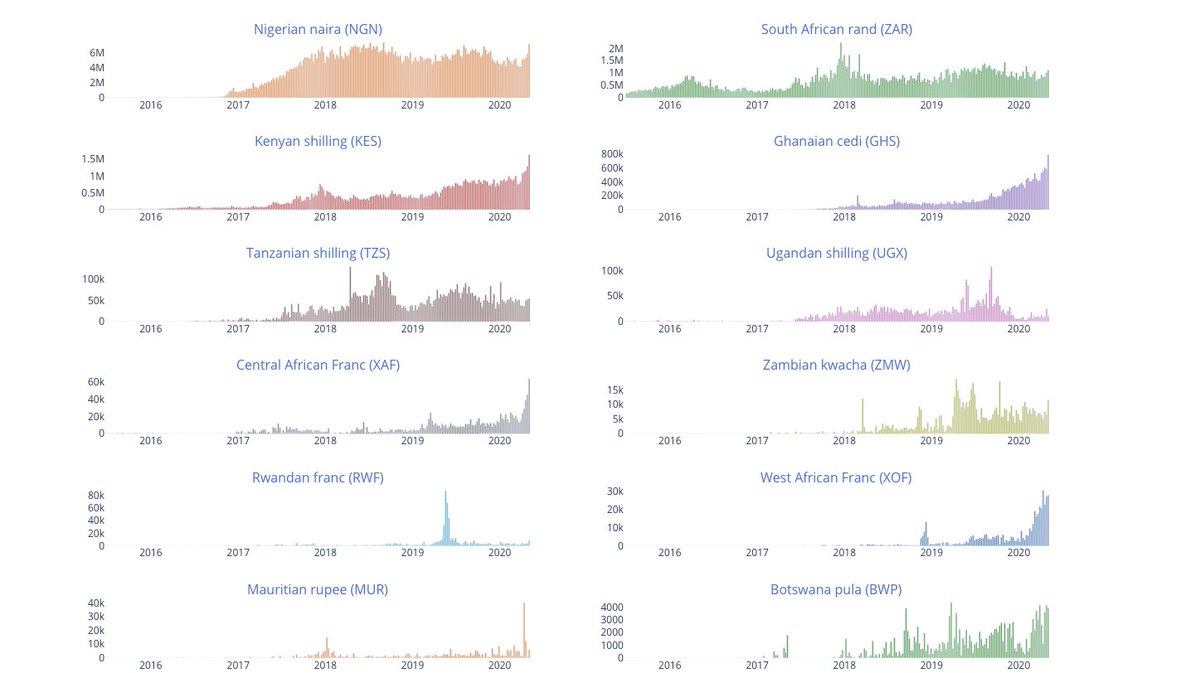
1/ Update on #ChivoWallet app functionality today based on our work @bitrefill:
- Receive lightning works but UX is really bad. You have to click "Recibir", then "BTC", and then click dropdown at the top and click "Otras Billeteras" where "Reciber Bitcoin via Lightning" shows.
- Receive lightning works but UX is really bad. You have to click "Recibir", then "BTC", and then click dropdown at the top and click "Otras Billeteras" where "Reciber Bitcoin via Lightning" shows.

2/ Send lightning works with a QR code but pasting in invoice gives an error asking for amt even though it should already know the amt. 

3/ Send lighting still has a minimum amount of $5 which really needs to be fixed but at least it is throwing a proper error now to inform the users: 

4/ On-chain send/receive Bitcoin works but with an error in the fee calculation that I described yesterday. This makes BTC merchant payments nearly impossible:
https://twitter.com/MattAhlborg/status/1435392836451635205?s=20
5/ When clicking on "Pay in Wallet" from a third party site like @bitrefill, Chivo does not revert back correctly and returns error. According to our team Chivo needs to implement the following URI schemes:
bitcoin: en.bitcoin.it/wiki/BIP_0021
lightning: github.com/lightningnetwo…
bitcoin: en.bitcoin.it/wiki/BIP_0021
lightning: github.com/lightningnetwo…

6/ Overall we've seen some improvements in both functionality and performance since yesterday but still a ways to go. We @bitrefill are changing around our UI to provide workarounds for the time being and will be ready to flex back as Chivo continues updating its app.
• • •
Missing some Tweet in this thread? You can try to
force a refresh










